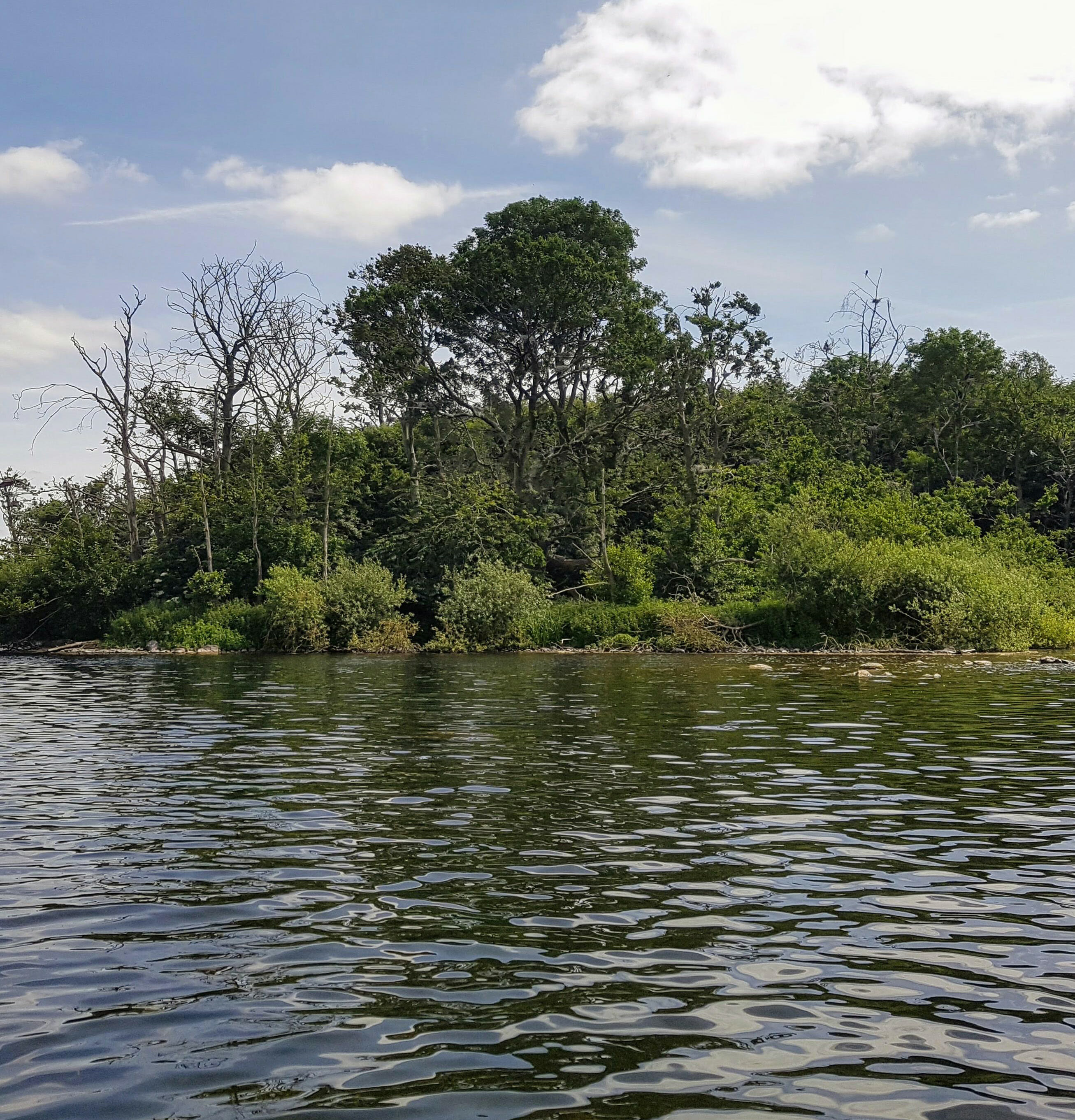Universitetsavisen
Nørregade 10
1165 København K
Tlf: 21 17 95 65 (man-fre kl. 9-15)
E-mail: uni-avis@adm.ku.dk
PhD thesis defense
PhD thesis defense — Catharina Simone Nisbeth Madsen 3 SEP
Date & Time:
Place:
Theodor Sorgenfrei Auditorium (door N), GEUS, Øster Voldgade 10, 1350 Kbh K
Hosted by:
Geology Section
Cost:
Free
Catharina Simone Nisbeth Madsen defends her thesis,
Groundwater-borne geogenic phosphorus
– A potential contributor to eutrophication of freshwater ecosystems
Supervisors:
Associate Professor Søren Jessen, IGN
Senior Scientist Jacob Kidmose, GEUS
Associate Professor Kasper Reitzel, Department of Biology, SDU
Assessment Committee:
Senior Scientist Jörg Lewandowski, IGB Berlin – Germany
Senior Lecturer, Docent Kirsti Korkka-Niemi, University of Helsinki – Finland
Professor Karsten Høgh Jensen (chair), IGN
Summary:
It is well-established problem that phosphorus (P) enrichment of freshwater ecosystems initiate eutrophication and thus deterioration of the water quality. Transport of P is often associated with surface water pathways, due to the common assumption that P is immobilized in in the upper part of the soil. This Ph.D. study explores the possibility of eutroficatin driven by naturally mobilized groundwater born-P. The study presents research results from Nørresø, a Danish hypereutrophic lake. The relative importance of different sources of external waterborne P to the lake was inferred from the lake water balance and P measurements. Overall, the results showed that even though groundwater only accounts for about half of the total water contribution, it is still by far the biggest external contributor of P entering the lake. The assumption of naturally mobilized P within the aquifer were supported by paleolimnological data of the lakebed sediment. The data indicated that Nørresø has always been meso-eutrophic, even before the introduction of agriculture at about 6000 years BP. Thus, the lake were probably naturally eutrophic.
Internal released P, driven from the accumulated P in the sediment was found to be the immediate main contributor of P to the lake water column. Nevertheless, we found that geogenic groundwater-borne P could be the decisive cause of soil P accumulation.
The findings from Nørresø underline the significance of the impact of groundwater-borne geogenic P on the trophic state of freshwater ecosystems, and highlights the necessity of taking this into consideration when designing effective mitigation and restoration measures.
The ability to identify where the P originates from is equally essential for mitigating and restoring eutrophic freshwater ecosystems. The concentration δ18OP has been suggested as a possible tracer for the origin of P. However, currently there are still some methodological challenges involved in accurately determining δ18OP. This is especially true when it comes to its applicability for freshwater ecosystems. As a part of the Ph.D. research, investigate the potential and the pitfalls of the use δ18OP as a tracer in freshwater ecosystems were investigated. From this, we constructed a protocol compiling experience from previous studies in combination with our own experience.
The thesis is available for inspection at the PhD administration office at IGN, Rolighedsvej 23, 1958 Frederiksberg C
